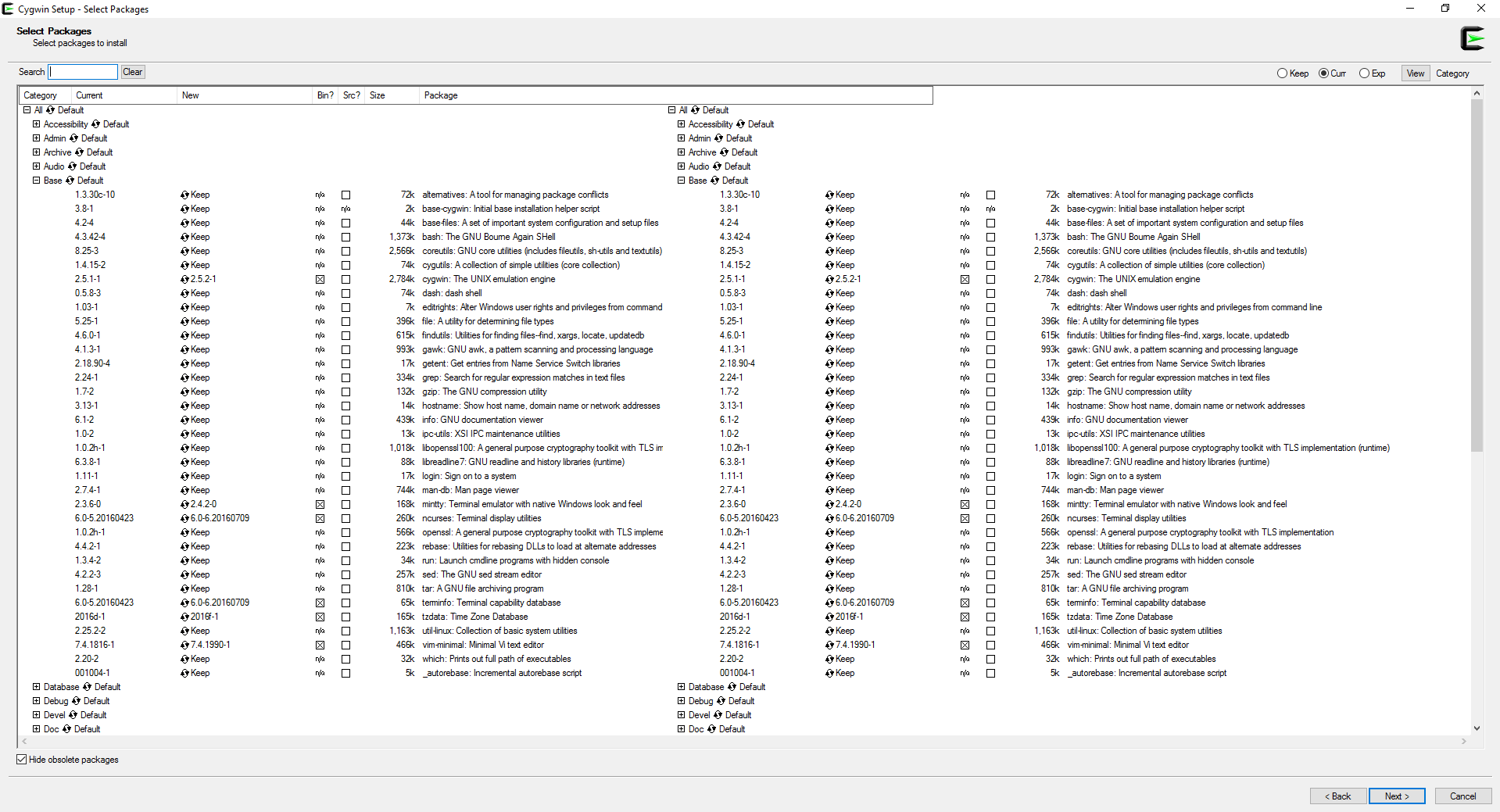
Openssh-server-6.6.1p1-23.el7_2.x86_64 : An open source SSH server daemon Openssh-server-6.6.86_64 : An open source SSH server daemon Openssh-server-6.6.1p1-12.el7_1.x86_64 : An open source SSH server daemon To identify the versions of a package that are available in a repository use the ‘show-duplicates’ option in yum: Openssh-server.x86_64 : An open source SSH server daemon Loaded plugins: enabled_repos_upload, langpacks, package_upload, product-id, search-disabled-repos, subscription-manager
Mirrorsync drupal install#
Multiple Package Versions – the client viewįor a client, the default behaviour from yum is to install or display the most recent version of a package that is in the repository. The positive: if you are relying on a specific version of a package, you will have an archived copy of it, even if it’s removed upstream and mirror on sync is set to false. This has a drawback, for large repos such as EPEL you will end up consuming a lot of space on the Satellite server, which in turn can cause additional processing overhead when content is manipulated.
Mirrorsync drupal download#
For this reason, third party repositories are set to ‘immediate’ download policy by default. This could have bad consequences if a Content View specifically includes a version of a package due to a filter and that RPM is not downloaded when the View is created. Other repositories such as EPEL, CentOS and Fedora tend to remove older packages as newer ones are released. By using an ‘on demand’ download policy for these repositories we can save a significant amount of space on the Red Hat Satellite server without the worry that packages will be unavailable if they are ultimately needed (they can be taken from the CDN). Red Hat content hosted on the Content Distribution Network (CDN) tends to be ‘cumulative’, that is to say the packages are added to their repositories but never removed so you’ll see many versions of the same package in, say, the rhel-7-server-rpms or rhel-8-for-x86_64-baseos-rpms repos. Bugzilla 1732056 – custom repositories should default to immediate has some useful information on this. * As an example as to why this may cause issues, see Red Hat Bugzilla 1258686 – satellite 6.1.1 Content view filter erratum by Date and Type not excluding kernels Download PolicyĪ related feature introduced in Satellite 6.7 allows for different default download policies for Red Hat and custom repositories. More space is consumed on the Satellite server.If an RPM is published in error upstream and a sync was performed which fetched the RPM, it will be kept(*).The repository contains all the versions of a package, allowing a client to consume older versions if they need to do so.In contrast to the ‘Mirror on sync’ option: So, if for some reason you need to revert back to an old package such as 86_64.rpm, it will be relatively easy to do so. The repository would look as follows:Īlthough this approach takes up more space, the advantage is that you will always have a local copy of all RPMs. In the UI this shows as:įollowing on from our example above, when a ‘mirror on sync = false’ repository is synchronised the old packages are retained on the Satellite server.
The Mirror on Sync feature was not available on earlier versions of Satellite and any repositories that were created would have been set with the flag set as ‘false’.

* Provided that the older packages are not part of an existing Content View or Composite Content View When would you want to disable Mirror on Sync?


 0 kommentar(er)
0 kommentar(er)
